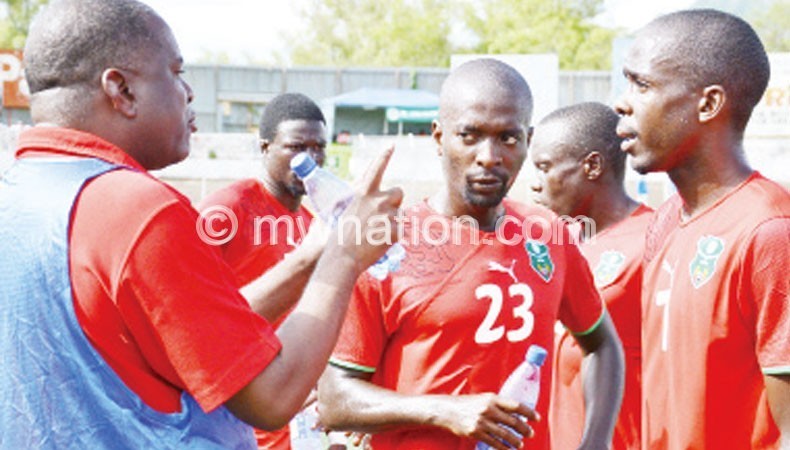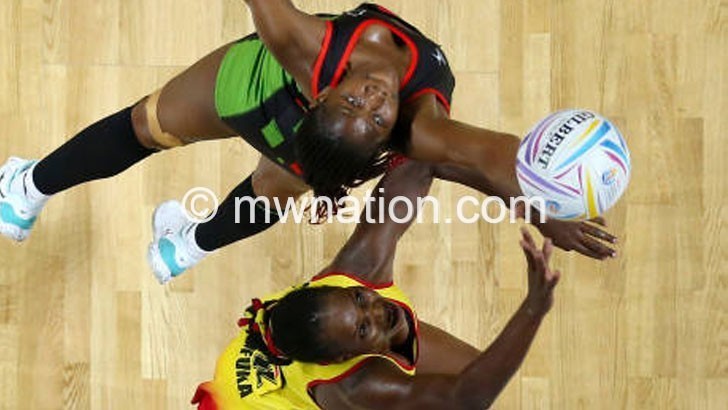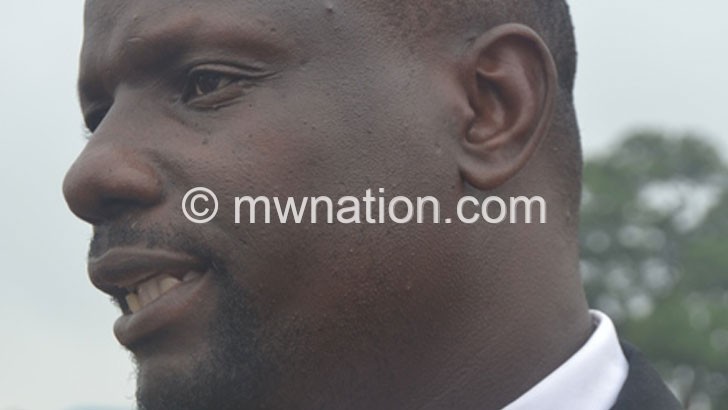OF COACHES, MANAGERS

It is hard being a football coach in Malawi. You have to be a jack of all trades to survive, let alone succeed while operating on a shoe-string budget, non-existent facilities and demotivated players.
As a coach, no matter that you hardly have expertise in psychology, nutrition and physical education, you are expected to ensure that players eat good, are physically and mentally fit.
That is why it is befitting calling our men and women coaches while in England and most European countries they call them managers. Up there, managers, more than actual coaching, manage their teams which are often subsidiaries of listed companies.
Some experts, such as Goal.com Africa football editor Peter Pedroncelli, believes it is a matter of taste that in Malawi and generally in Africa, we call the likes of Young Chimodzi Flames coach and not manager.
“In the UK, they refer to managers and coaches as one in the same. That is not the case in most other parts of the world. Here, often [we] refer to a general manager, who is in charge of the day-to-day running of a club and has a big responsibility involving transfers. That is my understanding, anyway,” Pedroncelli told SportsXtra in a response to a questionnaire.
Usually, managers have a bigger responsibility of establishing and managing a network of scouts, managing finances and academy coaches to ensure they are applying the club’s football philosophy.
A manager also draws training programmes to be executed in training by first team coaches and assistants. At Manchester United, David Moyes has Phil Neville and Ryan Giggs as his co-first team coaches.
There are also goalkeeper, defending and attacking coaches, physiotherapists, nutritionists and physiotherapists. Denmark national team, ex-Flames coach Kim Splidsboel noted, has five coaches under a manager.
Managers step in to select playing squads and tactics. More elaborate managers drill players in classroom theory. A manager also deploys spy coaches for opposition.
“The manager’s responsibilities usually include planning the strategy and instructing the same on the pitch and facing the media. Some responsibilities are shared with the director of football or sporting director,” reads Wikipedia.
Then at Inter Milan, Mourinho sat down his players and watched 50 times videos of Manchester United. Come a match Inter lost 2-0, Mourinho was disappointed that his players allowed Nemanja Vidic to score from a header despite studying this threat.
On financial management, Arsene Wenger has survived eight trophyless Arsenal seasons because he delivers in balancing the financial books. He buys players for a song and resells them profitably and also makes money through Champions League football.
“Some minor responsibilities [of managers] include: Marketing the club, most especially for ticket admission, sponsorship and merchandising. Growing turnover and keeping the club profitable,” adds Wikipedia.
It is about being shrewd in tactics, man management and on the transfer market that makes great managers, Splidsboel noted.
“If a club can find a manager who can act with a low budget and be successful, it will be super – it is all about cleverness and to spot the right players -buying and selling on the transfer market and to adapt a strong discipline for the players,” explained through e-mail the Dane.
Some are great coaches tactically but not on the market. Jose Mourinho of Chelsea might be a habitual trophy winner but some argue that he is not as savvy with the bottom line. Rafael Benitez also falls in Mourinho’s category.
“The manager gets a budget from the board to buy and sell players without the board’s interference. He can be on the training ground but sometimes give the daily training for the first team coach and assistant coach,” Splidsboel adds.
As a way forward, Splidsboel believes Malawi and Africa football administrators have to adopt European football management model and empower coaches to also manage budgets.
“The money must be there for a manager upfront and by that a manager can act in a proper way and plan and prepare and negotiate,” he concluded. Of course, that is just but a dream for Malawi.





